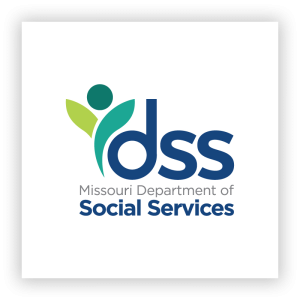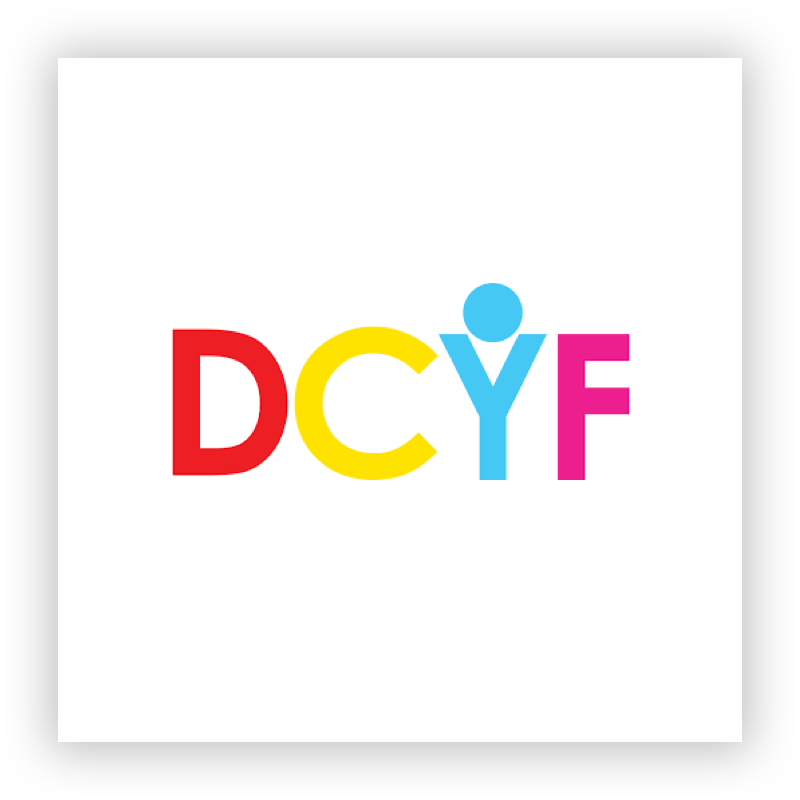Montana, located in the Northwestern region of the United States, is the fourth-largest state in landmass. However, it is sparsely populated with slightly more than 1 million people. There are 56 counties in Montana. The capital city, Helena, is in Lewis and Clark County. The largest city in the state is Billings, located in Yellowstone County; it has a population of more than 160,000.
The Child and Family Services Division (CFSD) is a part of the Montana Department of Public Health and Human Services (DPHHS). It provides state and federally mandated protective and preventive services to children, youth and their families. This includes receiving and investigating reports of child abuse and neglect, working to prevent family violence, helping families to stay together or to reunite, and finding placements in foster and adoptive homes. “Keeping Children Safe and Families Strong” is the mission that drives the CFSD’s work in Montana.
The CFSD serves the State of Montana through six service delivery areas: Region I-Eastern, Region II-North Central, Region III-South Central, Region IV-Southwest, Region V-Western and Region VI-Northwestern. The CFSD is partnering with the QIC-EY to pilot the project in the Eastern, North Central and Southwest regions. These three regions include hub offices in the cities of Bozeman, Great Falls, Helena, Butte and Miles City. Collectively, they make up five of Montana’s eight largest urban areas. The South Central, Western and Northwestern regions will participate as the comparison group for the QIC-EY project; they include the urban areas of Billings, Missoula and Kalispell.
For more information about the QIC-EY project in Montana, please contact Courtney Callaghan, Child and Family Services Division Recruitment, Retention and Training Bureau Chief, at ccallaghan@mt.gov.









